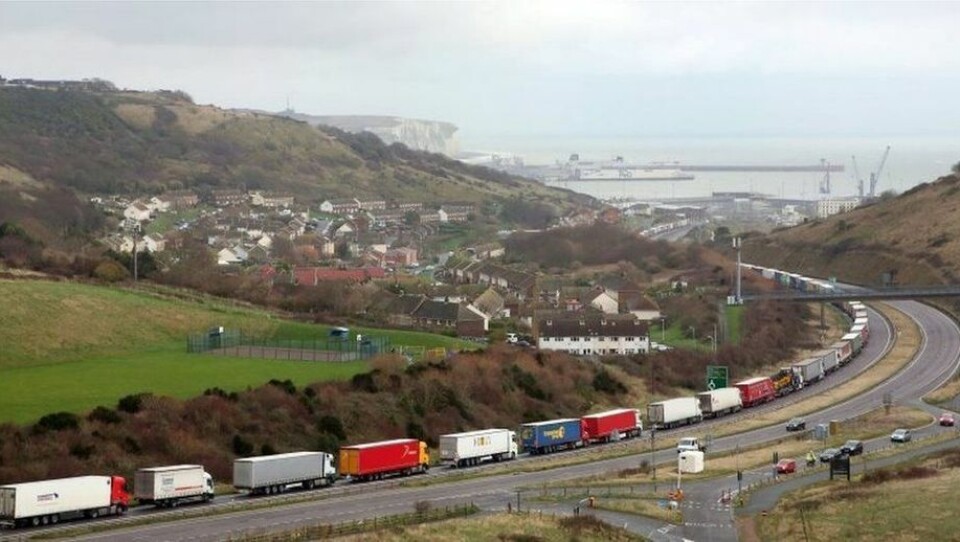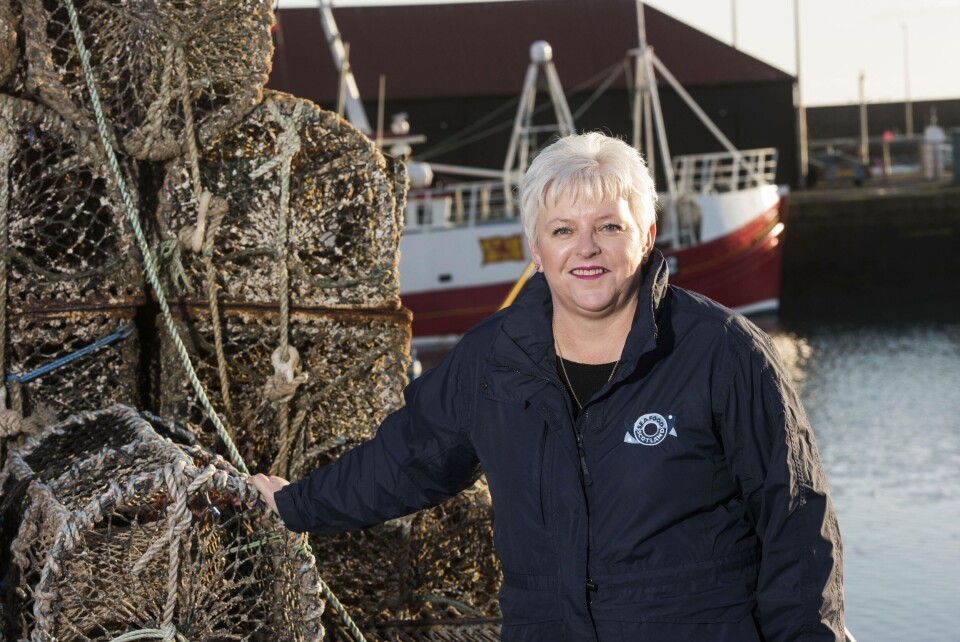
Salmon farmers seek swift end to export delays
Scotland’s salmon farmers are working to find “swift and pragmatic” ways of speeding up the export of products to France following the end of the Brexit transition period.
The Scottish Salmon Producers’ Organisation (SSPO) gave the assurance after Donna Fordyce, chief executive of Seafood Scotland, said the end of the transition period “has unleashed layer upon layer of administrative problems, resulting in queues, border refusals and utter confusion”.
SSPO chief executive Tavish Scott confirmed: “Some problems have arisen in getting Scottish salmon to our important EU markets within 24 hours.

“However, we are working with Scotland Food and Drink, Food Standards Scotland and Scottish Government to find swift and pragmatic ways to resolve the situation, such as prioritising loads of single products - like salmon - which will help them reach the key market in Boulogne-sur-Mer more quickly.
“We will be watching carefully over the coming days to ensure that the processes operate more rapidly, and that Scottish salmon is in a strong position to satisfy demand in our much-valued European markets.”
Seafood Scotland, which primarily represents the caught seafood sector, yesterday reported that the previous 48 hours had delivered what it expected – new bureaucratic non-tariff barriers, and no one body with the tools to be able to fix the situation.

Dunkirk unprepared
“IT problems in France meant consignments were diverted from Boulogne sur Mer to Dunkirk, which was unprepared as it wasn’t supposed to be at the export frontline,” said Fordyce in a press release.
“There have also been HMRC IT issues on the UK side that need to be resolved as soon as possible regarding certification. A lack of knowledge and understanding of the required paperwork means some companies are ill prepared for the new checks, which are taking far longer because of the mistakes being uncovered. When the systems settle down, checks should be carried out on samples from each load, but now entire consignments are having to be checked to satisfy requirements.
“These businesses are not transporting toilet rolls or widgets. They are exporting the highest quality, perishable seafood which has a finite window to get to markets in peak condition. If the window closes these consignments go to landfill. The knock-on effect of export falling over is that the fishing fleet will have little reason to go out. In a very short time we could see the destruction of a centuries old market which contributes significantly to the Scottish economy.
Mop up the mess
“The problem is no longer hypothetical. It is happening right now. We are working with industry, government, and other bodies to try to mop up the mess to allow trade to flow again. We are doing all we can to help companies get the paperwork done. It will take time to fix – which we know many seafood companies can’t afford right now.”
Delays caused by Brexit follow problems before Christmas when the spread of a new variant of Covid-19 in the UK prompted France to impose a temporary ban on imports from across the Channel.
This led to the salmon industry losing export opportunities worth millions on what should have been the busiest week of the year.























































